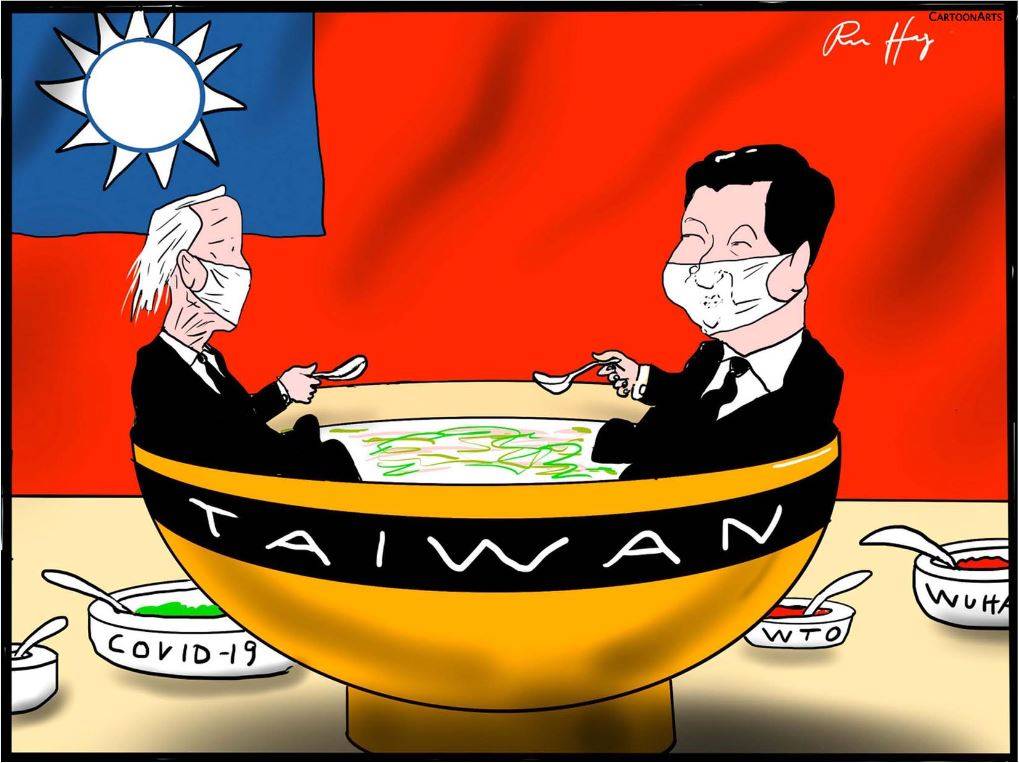The status quo in the Taiwan Strait looks increasingly shaky. Its demise would almost certainly usher in a major conflict and undermine regional stability in East Asia — and even the international order as we know it.
The People’s Republic of China, Taiwan and the United States are each in their own way undermining the precarious balance that has lasted for generations off China’s southwest coast. Spoken or unspoken issues regarding national identity have driven domestic changes and fostered new domestic policy pressures.
Most fundamentally, China’s strategy of embracing Taiwan economically and luring it into unification on the basis of the “one country, two systems” formula has failed. Despite or because of Beijing’s heavy-handed efforts to influence the outcome, Taiwanese President Tsai Ing-wen and her independence-minded Democratic Progressive Party won the recent elections. Support for reunification has withered and united the country against unification. Taiwan wants to govern itself in order to realize its democratic, Taiwanese identity.



















With your current subscription plan you can comment on stories. However, before writing your first comment, please create a display name in the Profile section of your subscriber account page.